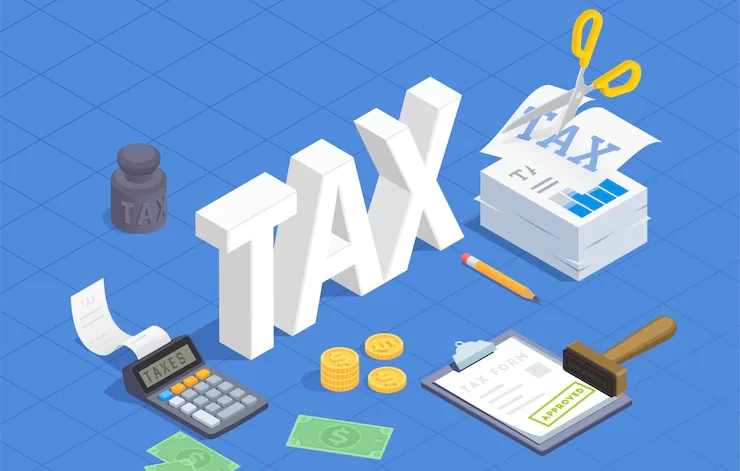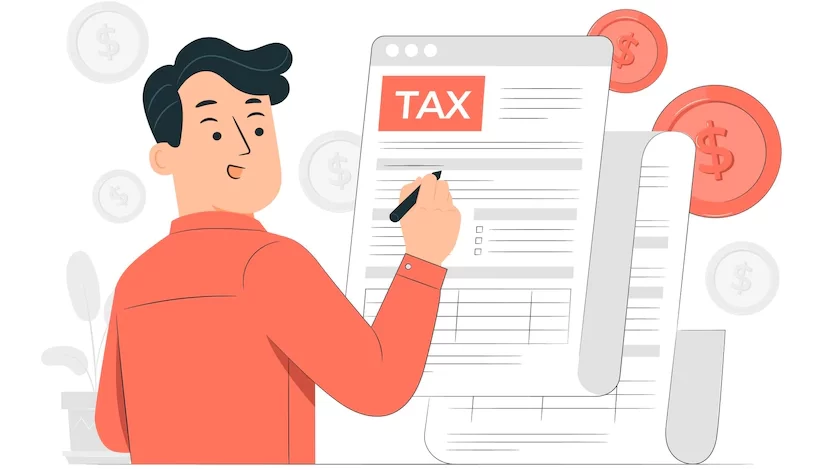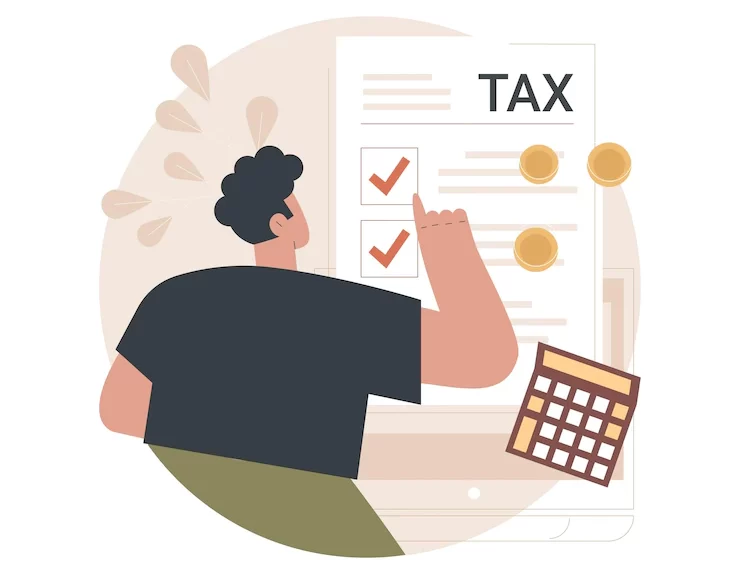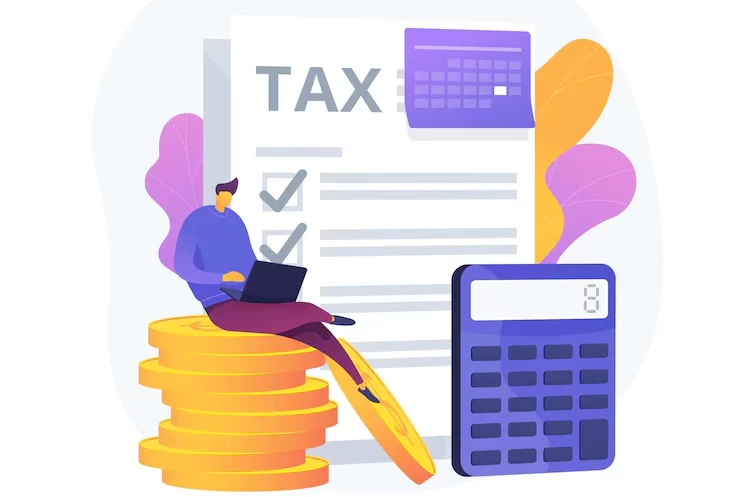How Do You Maximize Tax Deductions As a Small Business in Canada?
If you are a small business in Canada, you may be wondering how you can take advantage of the many tax deductions that are available to you. These tax deductions can save you a lot of money. You should also make sure that you understand the various ways in which you can claim these deductions.
How To Maximize Tax Deductions
Start-up costs
Getting a new business off the ground is an exciting endeavor. However, it can also be a costly one. One way to minimize the expense is to claim start-up costs as a business deduction. Aside from the monetary benefits, claiming startup costs is an excellent way to attract investors.
Start-up expenses vary depending on the type of business. In addition to capital, most companies will need equipment and supplies, licenses, advertising, and collaboration technologies. Fortunately, it’s not hard to find tax deductions for business start-up expenses.
The first step to maximizing tax deductions for start-up costs is to determine what you’ll need. If you’re starting a graphic design company, for example, you’ll need a computer, a desk, a graphic design program, and a license. This could mean several thousand dollars, so it’s important to budget properly.
Expense management software can help you document your business spending and prepare your taxes. The software can also speed up the expense reporting process and reduce the likelihood of an audit.
You can also deduct startup costs from your income in the year before you open your business. Although some start-up costs can be claimed in the first year, others must be amortized over years. Amortizing your start-up costs will decrease your tax bill in the years after you open your business because the taxes you pay in years of higher income will be lower than in years of lower income.
Besides the start-up costs, you can also deduct a variety of business expenses. Some of these include transportation, utilities, computer equipment, insurance, and even travel. Also, you can deduct fees for lawyers, CPAs, and business brokers.
Depending on the type of business you’re launching, you may be able to claim some start-up costs in the first year, while some must be spread over five or more years.
Expenses you incur to earn income
As a small business in Canada, you can take advantage of many tax deductions to lower your taxable income. To maximize the benefits, however, it’s important to be aware of the tax code provisions governing deductions.
A small business in Canada may also be able to offset its taxable profit with deductible expenses. For instance, the cost of providing an automobile to an employee is deductible.
Tax depreciation is one of the largest tax write-offs for small businesses. This allows you to deduct your losses over a period of time, based on CRA’s depreciation rates. However, the total amount you can write off depends on the amount of the capital asset you own.
Expenses incurred to earn business income can include equipment, property, and transportation. You can also claim costs associated with establishing your business.
Capital assets
A small business owner in Canada should be taking note of the small tax deductions he or she might qualify for. While it is a given that the Canadian government isn’t going to hand you a sleeve of checks, the right tax planning advice can make a big difference in your bottom line. For instance, it is possible to deduct your employee’s automobile expenses from your taxable income. The trick is to keep track of the vehicle’s monthly mileage in your ledger.
There is also a little-known tax incentive for making a donation to a charity of your choice. This is not a free ride, however, as there is a limit to the number of donations that a taxpayer may claim. Nevertheless, a donation may be considered a bona fide business expense and is subject to the rules of the road.
Non-capital losses
Small business owners in Canada are lucky to have access to the Canada Revenue Agency’s free Liaison Officer services, a centralized resource to help them with their tax preparation. These services include pre-arranged and in-person seminars.
The CRA’s Liaison Officers can also provide you with advice on tax-friendly strategies and products that will save you money. For example, you can purchase a small business liability insurance policy that can be used to cover your company’s legal expenses should you be sued. Similarly, you can take out a small business vehicle insurance policy to defray your car and truck’s maintenance costs. This is the best way to protect your assets and keep you and your employees safe.
Bookkeeping helps you maximize deductions
As a small business owner, you want to maximize deductions. You can do this by keeping your records in a way that will prove you have claimed your deductions. There are many different kinds of deductions to choose from, so be sure to find out which ones apply to you. This will help you avoid paying unnecessary taxes on your income. Taking advantage of tax credits can also help you save more money.
If you are an accountant or finance professional, you can also claim a professional services deduction. In some cases, you can qualify for a yearly capital cost allowance. For example, if you use a laptop for your employees, you can deduct the cost of that device as a capital cost allowance. Alternatively, you can qualify for a defined contribution plan like a 401(k). These plans require you to make contributions for your employee’s benefit.
first year, while some must be spread over five or more years.
Magazine and newspaper advertising
If you are in the business of selling products or services to the Canadian public, advertising is one of the best ways to get your name out there. Luckily, you can claim your fair share of tax credits and deductions, and there are plenty of ways to do small business tax deductions
Newspaper and magazine advertisements are one of the most common forms of marketing. There are many variables to consider when pricing your ad, including color printing, ad size, and day of the week. Many publications offer special discounts for multiple insertions in the same contract. Depending on the publication and the budget you have to work with, you can find yourself spending hundreds of dollars a month on ads.
One of the better ways to determine what you can spend on advertising is to keep a meticulously detailed record of your expenses. Accounting software can do the heavy lifting for you. Once you’ve determined how much you are spending, you can calculate what you can claim as a deduction. Whether you’re a big or small company, there’s a chance you may be eligible to claim a tax credit or deduction on a particular ad or promotion. It pays to be smart about your marketing budget, and be sure to check with the Canada Revenue Agency for more details.
Advertising is an essential part of running a successful small business, and while you can’t do it all yourself, you can benefit from the help of an accountant or a competent tax preparer. However, you need to make sure you are claiming the appropriate tax credit or deduction. In fact, you could be in a better position if you simply keep your advertising costs local. The Canada Revenue Agency will likely prefer a business that generates commerce within the country. You can also claim a tax credit for online advertising, which includes such things as website registration and hosting fees.
In short, you can claim a tax credit for most forms of advertising. In order to claim a tax break on your advertising expenses, you need to keep a close eye on your business’s finances, and use accounting software to track your expenditures.
General business liability insurance
General business liability insurance is a must have. It can pay for lawsuits, court-ordered settlements and medical expenses. Purchasing general business liability insurance for your small business can help you maximize your tax deductions, save you money and keep your business safe. A good broker can also make sure you’re getting the coverage you need.
The best way to get the most out of your general business liability insurance is to get a comprehensive package. This can include general liability, property, crime and auto coverage. For most small businesses, a comprehensive package is about $42 a month. You can claim your monthly premiums on line 8690 of your T2125 Statement of Business Activities form.
General business liability insurance may not be cheap, but it is worth the expense. Not only can it save you from a lawsuit, but it can help you qualify for a contract. If you are in the process of leasing office space, for example, your landlord may require you to provide them with a certificate of insurance before signing the lease. Also, it’s not uncommon to find a company that will discount its premiums if you are a new customer.
A reputable broker will do a comparison-shop for you, allowing you to compare rates and options from several companies. He or she will also answer any questions you might have about the policies in question. Even better, you will be assigned a personal representative who is there to help you throughout the life of your policy.
As far as insurance goes, you might want to consider adding an umbrella to your policy. It’s not always a good idea to put your money where your mouth is, so make sure your deductible isn’t too steep. Similarly, a small business owner should take into account the size of his or her business. Adding more employees, more clients and more products or services might increase your exposure to risk. That’s why it’s a good idea to shop around.
To be certain, a reputable broker will give you the best advice. From there, you’ll be able to choose the most cost-effective solution that fits your budget and your needs.
GST/HST registration
When a business makes taxable supplies in Canada, it is required to register for Goods and Services Tax (GST). The business can claim an input tax credit (ITC) to recover the GST/HST paid. Registrants may also file an online return.
Typically, businesses have an annual reporting period. However, optional reporting periods are available. Businesses that have a higher level of revenue from taxable supplies must report more frequently. If a registrant fails to file a GST/HST return, they may be subject to penalties and interest.
There are also special rules that apply to the place of supply. For example, if a purchaser purchases an imported goods, the importer must report the goods to the Canadian Border Services Agency (CBSA). Similarly, a supplier who receives goods from a foreign country must report the goods to the CRA.
Once registered, a business must maintain records for at least six years. These records are used to verify information on the business’s returns. Specifically, a business must keep records for supplies of real property, personal property, and services. In addition, the business must provide detailed descriptions of its products and services.
The CRA provides a wide range of guides and pamphlets on GST/HST. It has also developed many forms and guidelines for specific types of businesses. Whether you’re a sole proprietor or a multi-national corporation, it’s important to have a basic understanding of how to register and remit GST/HST.
Non-residents can apply for a GST/HST number by completing Form RC1 Request for a Business Number. They must provide a security deposit, estimate their total annual sales, and estimate the amount of net tax that they remit to the CRA. This process is not always straightforward.
Those that operate online marketplaces must register for GST/HST. Online marketplaces can apply for a simplified online registration process. Alternatively, they can register by filing a request for a business number with a CRA tax services office.
Generally, the effective date of registration is the date of the request. Registration may start up to thirty days before the date of the request.




















